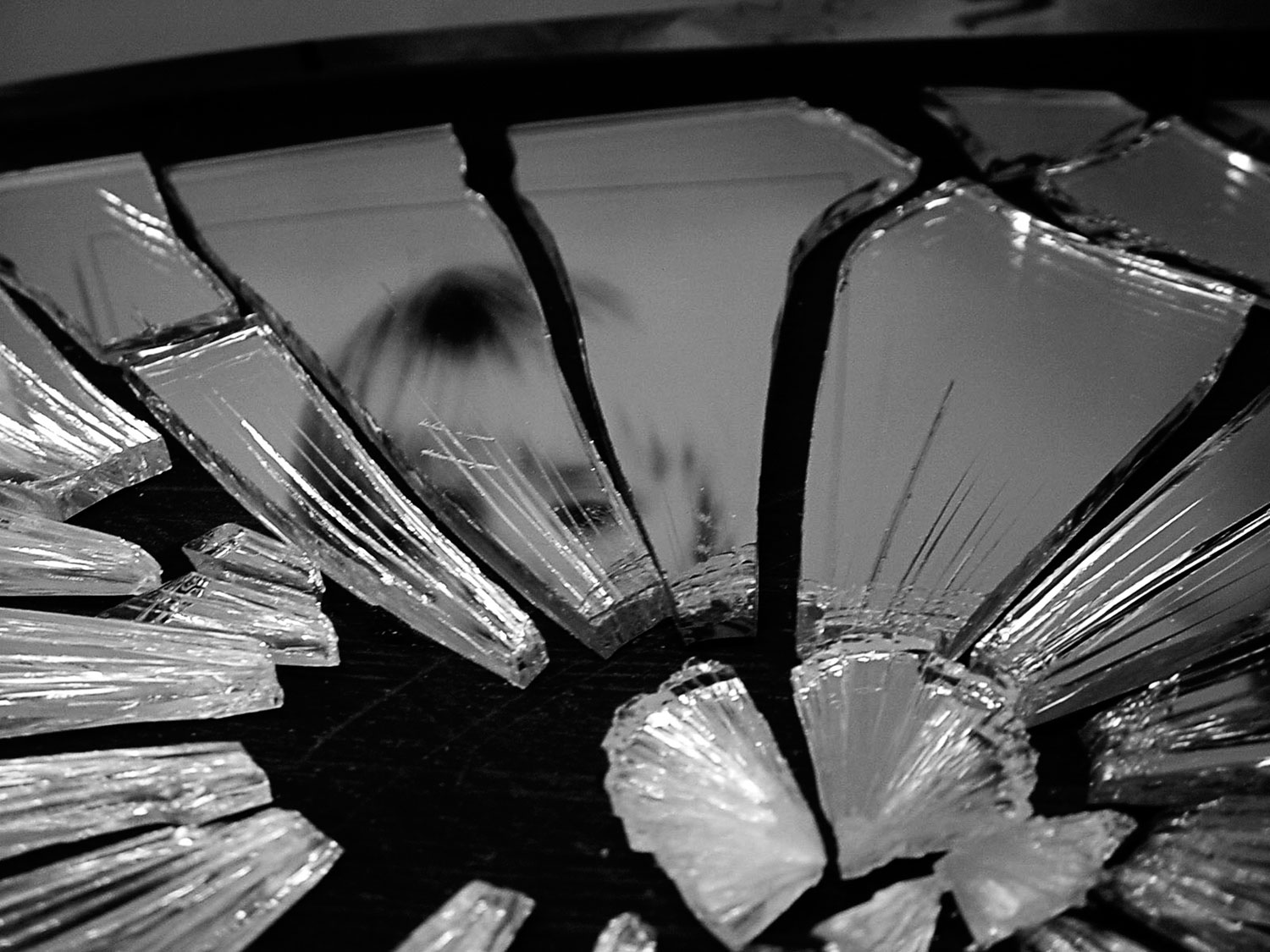
Alanna Wallace
The Cord (Wilfrid Laurier University)
WATERLOO, Ont. (CUP) – Women everywhere show the marks of abuse, though not all their scars are visible.
Violence takes many forms and can be conducted in endless ways. When an individual suffers at the hands of a partner who is supposed to embody love and devotion, the experience is detrimental to one’s emotional and overall health.
Emotional violence is rarely a centrepiece for discussion, despite the fact that it often comes hand in hand with other types of abuse. While physical wounds heal, many carry emotional scarring long after the abuse ends.
“The entanglement [of emotional abuse] is so intense and so complex,” says Helen Ramirez, assistant professor of women’s studies at Wilfrid Laurier University (WLU). “There’s something so insipient about emotional abuse that you can carry for an entire life. It’s so disheartening.”
Robyn Thomas,* a university student who has been emotionally and sexually abused by two former boyfriends, can attest to the toll this type of abuse took on her psyche.
“You want to believe that what you saw the first time wasn’t wrong,” explained Thomas. “[You want to think] that your judgment is better than that and that you’re not an idiot for having loved [your abuser] at any point.”
Thomas is not alone. A Canadian study reports that 81 percent of university and college males admitted that they had psychologically abused a female partner.
“Emotional violence, controlling behaviour […] there are tons of things that I know people have experienced and they wouldn’t necessarily call it abuse […] that’s a part of their relationships,” explained Kate Klein, a member of the co-operative leadership at the WLU women’s centre.
Its complexity often makes emotional abuse hard to recognize, even for the victim. Every abuser uses different strategies, and for the most part, the reactions of the abused differ.
“It’s multi-faceted,” said Thomas. “You can identify certain experiences and reactions as being the same but the fact is that it’s never exactly
the same.”
As Klein points out, emotional violence can include controlling behaviour and the imposition of strict gender roles, two phenomena that are sometimes overlooked as characteristics of abuse.
For these women, identity issues often become a catalyst for their impending manipulation by male partners.
Carolyn Bennett* said that her former boyfriend manipulated her need to please and constantly used the cycle of violence to create the
illusion that any wrongdoing was the result of her actions.
“He preyed upon the fact that I do my best to be a good person,” she said.
“It didn’t matter if he treated me like shit because at least someone thought I was good enough,” explained Thomas. “You almost identify your worth by the fact that you are with someone.”
And although she ended one emotionally abusive relationship, Thomas’s next partner ended up being both emotionally controlling and sexually abusive.
“I didn’t think I was worth anything more so it didn’t occur to me that I went into the next major relationship basically with the same kind of man who completely emotionally blackmailed me every step,” she said.
Ramirez explained that what Thomas and Bennett both endured was a matter of power and control, as well as the struggle that goes along with dominance and assertion in a relationship.
“It is about power and control over women emotionally, making sure that they cannot assert themselves, that they cannot exist without this person controlling all aspects of their being,” said Ramirez.
Many women don’t realize that what they sustain during a destructive relationship is abuse, but the warning signs tend to become clearer over time. Bennett remembers a moment where her inner voice told her she had to find a way to leave her unhealthy relationship.
“Over and over in my head I remember thinking […] ‘You have the power […] Just get up and walk out the door,’ and I couldn’t,” explained Bennett. “It was really scary to realize ‘I am trapped here and I can’t get out.”
Often the abused becomes ensnared by the whims of his/her partner and learns to become submissive; as the cycle of violence continues, he or she becomes accustomed to periods of trauma that are replaced by a honeymoon stage.
“You learn that you shut your mouth and you let him do it because otherwise it will be hell for the next day or two days,” said Thomas of her sexual and emotional abuse at the hands of a former boyfriend. “I always felt like […] a prisoner in my own body.”
An individual may not even realize he or she is in an abusive relationship until the aid of a strong support system tells him/her otherwise. Those who have been emotionally abused often suffer in silence because of the lack of rhetoric that surrounds their plight. Friends and family must take the important role of supporting loved ones.
“You sit there and listen and you sit there for a lifetime,” said Ramirez of those who help the emotionally abused. “When someone has experienced that level of trauma and disintegration of one’s being then you have to be present for a lifetime.”
Bennett had a friend supporting her through her struggle to end her abusive relationship to whom she says she owes her mental health. She speaks about her final recognition of the abuse she suffered as coming to fruition on her own terms.
“I realized that she’d been holding me up for two years and it was time for me to walk on my own two feet,” said Bennett.
Ramirez explained that being emotionally abused “frames who you are” and takes a lifetime to overcome.
“It’s hard to understand the fallout,” said Thomas. “What’s the next logical step and how is your next relationship affected?”
Thomas and Bennett both agreed that they can recognize and deter behaviour that they find abusive. They are also able to create boundaries to protect themselves against abuse.
“I’ll be a little smarter,” said Thomas about picking a partner. Through seeking counselling, she now cares about herself enough to know what she deserves.
For Bennett, who is in a new relationship, the positivity of a healthy partnership keeps her optimistic about putting her past relationship behind her.
“Everything is different,” Bennett said of her new relationship. “There’s just a level of a respect there in every aspect that was never there [before].”
But their leftover emotions are hard to bear, and both Bennett and Thomas say they have unanswered questions and anger towards their former partners.
“I feel frustrated with him and angry with him. But I feel more frustrated with myself for not having listened to all those people who loved me and said something was wrong,” said Bennett.
“[He] broke my heart. [He] was the one that made the rules,” said Thomas. “[He] treated me like I was meat. Like I was there solely for [his] pleasure, and that’s not right.”
*names have been changed to protect privacy



